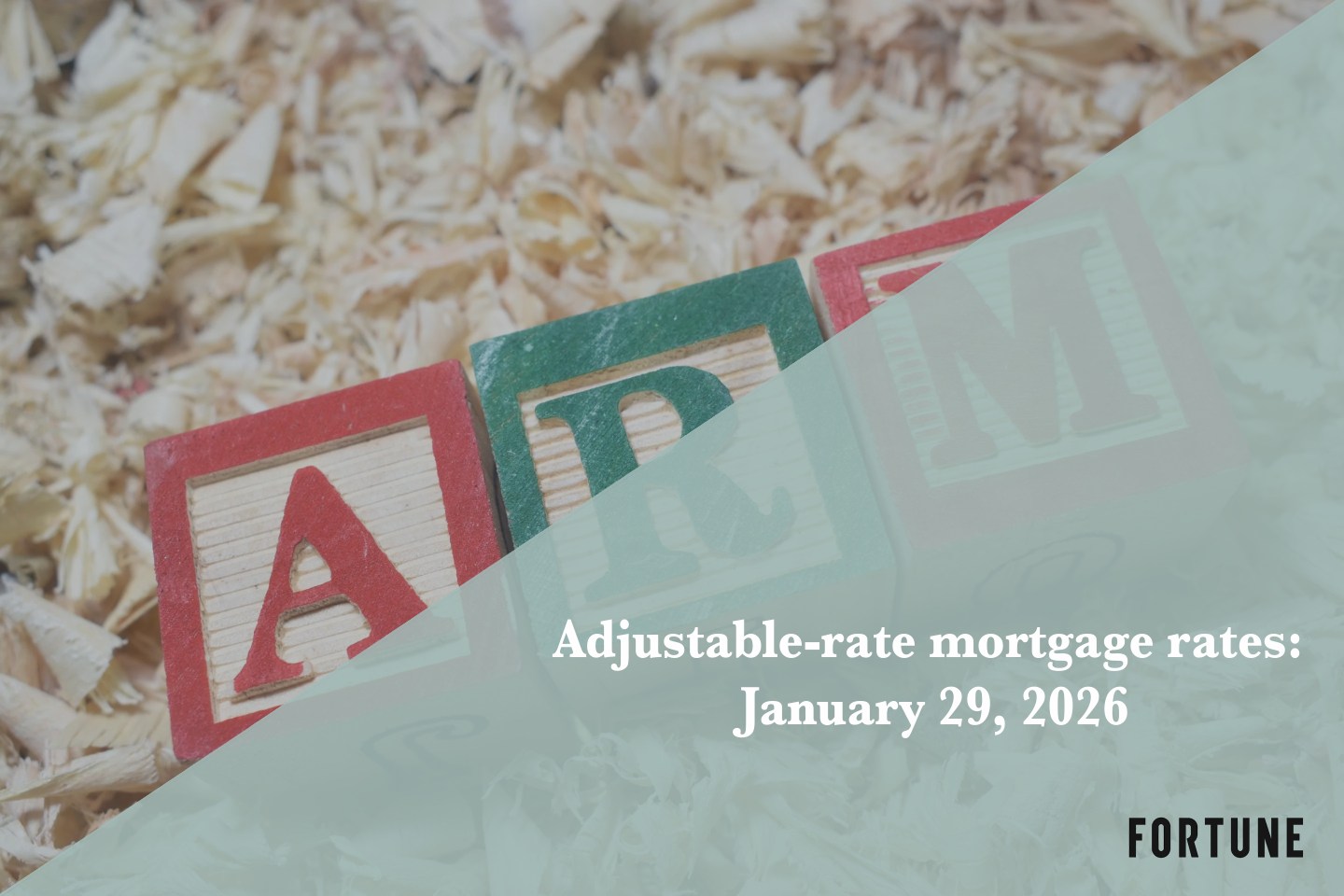As a global inflationary wave continues to send costs soaring for everything from fuel to groceries, some governments are getting creative in reining in prices.
Zimbabwe, a country of less than 15 million people in southern Africa, will begin issuing gold coins to its citizens as a hedge against inflation later this month, the country’s central bank announced this week.
The gold coins will be introduced as a “store of value,” according to a statement by the central bank governor John Mangudya, meaning that Zimbabweans can exchange them in the future without worrying about the coins deteriorating in value as has happened with the local Zimbabwean dollar, which has been devalued by over 40% since the beginning of the year. They will be available to the public starting on July 25, and will be sold “based on the prevailing international price of gold and the cost of production.”
The public will be able to buy gold coins using both Zimbabwean dollars as well as the U.S. Dollar, and other foreign currencies. The Zimbabwean dollar is the official currency in the country, but the U.S. Dollar and other foreign currencies were considered legal tender between 2009 and 2019, and the greenback is still widely used and accepted.
Buyers can either hold on to the coins or place them in the custody of a bank. Holders can trade the coins for cash at any point, although Mangudya’s statement says that the coin can “also be used for transactional purposes.”
The gold coin’s introduction comes as the Zimbabwe central bank attempts to control soaring inflation in the country, where the annual rate hit 192% last month.
Ever since the 1970s, gold has been one of the most popular commodities used to hedge against inflation and war, as the metal tends to rise in value as the purchasing power of currencies decline, although this is the first time Zimbabwe has turned to the commodity as a potential currency replacement.
Investors tend to turn to gold in times of market uncertainty and rising inflation, as happened last February shortly before Russia’s invasion of Ukraine, when skittish investors sent the metal’s value soaring to a two-year high.
Gold’s status as a long-term hedge against inflation has come into question in recent years, with several experts pointing out its history of rare positive returns for investors since the 1970s. But in Zimbabwe, which has been dealing with inflation for years, any hedge that can minimize the impact of high prices is sorely needed.
This is not the first time that Zimbabwe has suffered from out-of-control inflation. In 2007, Zimbabwe’s economy entered a period of hyperinflation, a term used to describe very high, accelerating, and generally out-of-control price increases in an economy, usually when the inflation rate exceeds the 50% mark.
The global economic crisis of the late aughts forced Zimbabwe to drastically increase its money supply in response to rising national debt. Hyperinflation in the country led to the introduction of the world’s first and so-far only 100-trillion-dollar note in 2009.
The turn to using the U.S. Dollar and other foreign currencies as legal tender in 2009 and the reversion back to the Zimbabwean dollar in 2019 did little to quell the country’s inflation, which hit an annual high of 557% in 2020.
Since reintroducing the Zimbabwean dollar, the currency has plunged again. To help stabilize the economy from rising inflation, the government announced in June that it would be keeping the U.S. Dollar and other foreign currencies as legal tender for at least the next five years.












